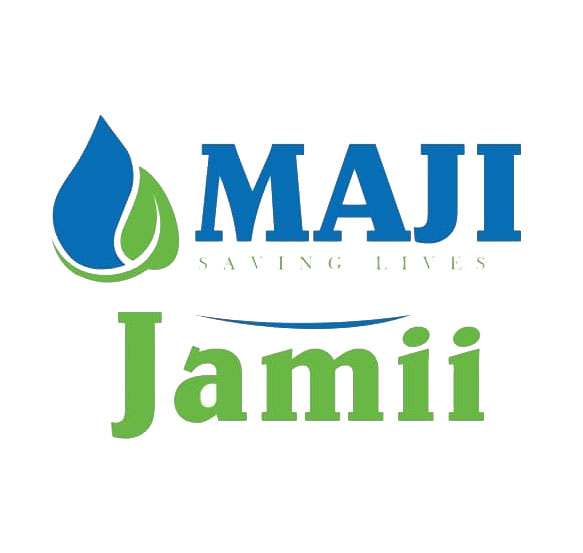Women’s Empowerment
Women are responsible for 72% of the water collected in Sub-Saharan Africa. Empowering women is critical to solving the water crisis. When women have access to safe water at home, they can pursue more beyond water collection. When a community gets water, women and girls get their lives back. They start businesses, improve their homes, and take charge of their own futures.

Health.
Access to safe water and sanitation contributes to improved health and helps prevent the spread of infectious disease. It means reduced child and maternal mortality rates. It means reduced physical injury from constant lifting and carrying heavy loads of water.

Education
Clean water helps keep kids in school, especially girls. Less time collecting water means more time in class. Clean water and proper toilets at school means teenage girls don’t have to stay at home for a week out of every month.

Sustainable livelihoods
The Sustainable Livelihoods sector programme enables poor households to achieve a sustainable livelihood. The essence of the sustainable livelihoods approach is to motivate and empower people so they take charge of their own development process. The sustainable livelihoods projects build on the talents and assets that the poor have and support them in developing valuable skills.

Wildlife Protection and Conservation
In every second, one animal die, whether it’s a lion, a zebra, a bird, a monkey or a whale in the Pacific. Species are already in extinct or endanger to the extinct zone. We are losing the future today. Poaching, increased sizes of land, human-animal conflict, hunting for treasures etc. We are a part of a big community that not only protects but creates techniques for better conservation. We are the advocates of animals.

Environmental Management
Climate change bring a great challenge to human livelihood and environment. The act of human and the misuse of resources created what we now call climate crisis. Improper dumping of waste, clearing of land cover through deforestation, poor wetland management and shifting cultivation through slash-burn are just few challenges of today world. Advocating through education and creating of small enterprises industries that may curb the use of plastic through the modals of Re-use, Re-duce and Re-cycle and other techniques is just one of what we do most.



